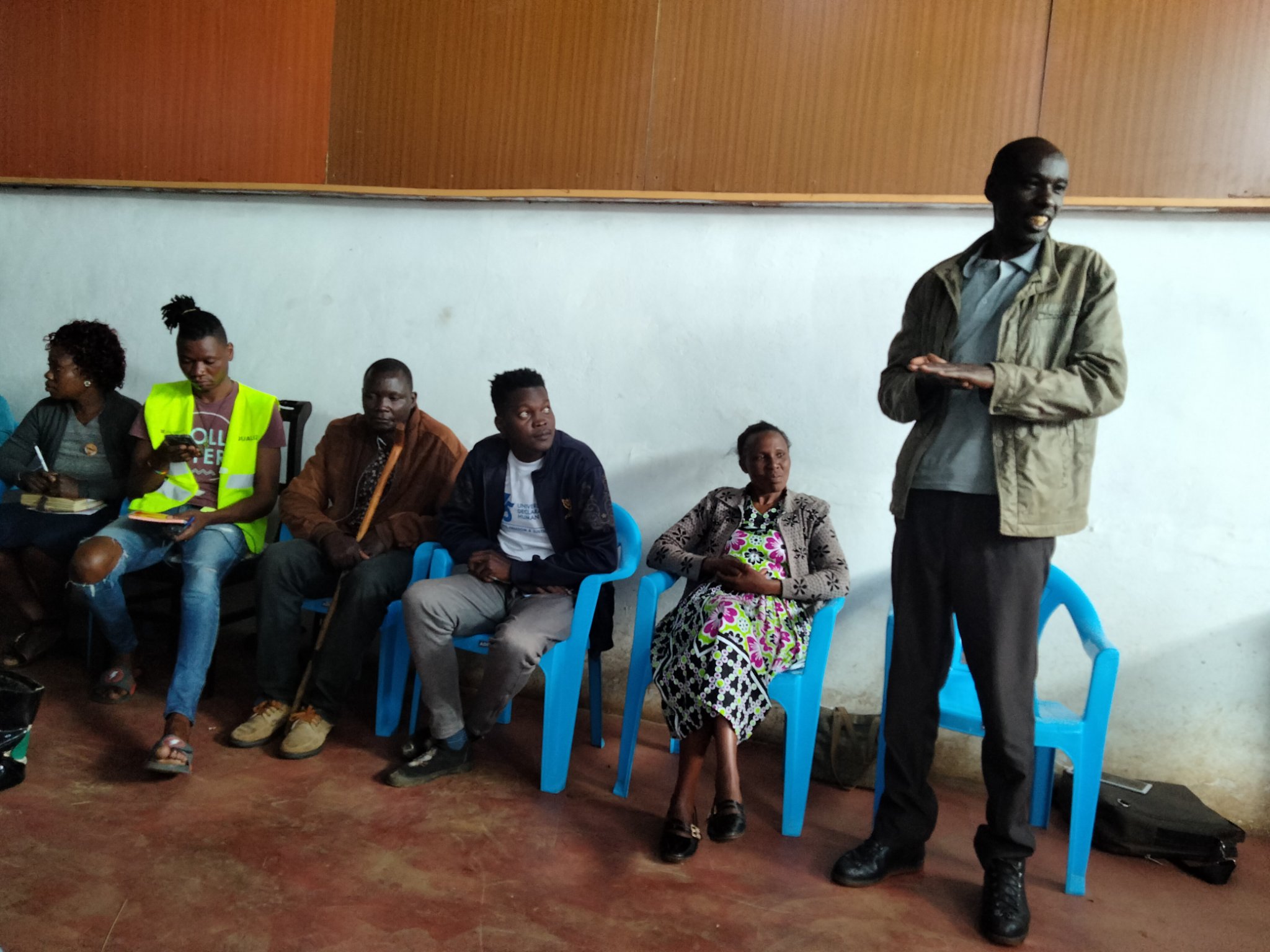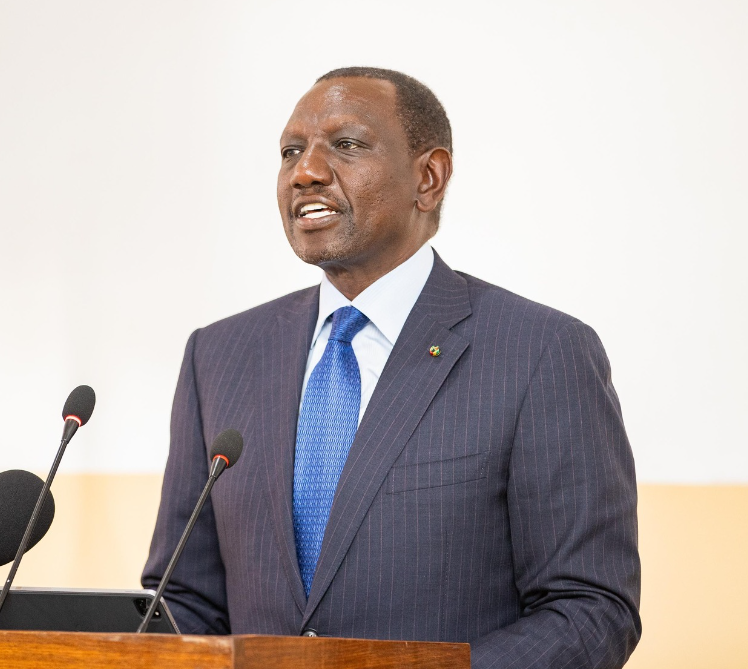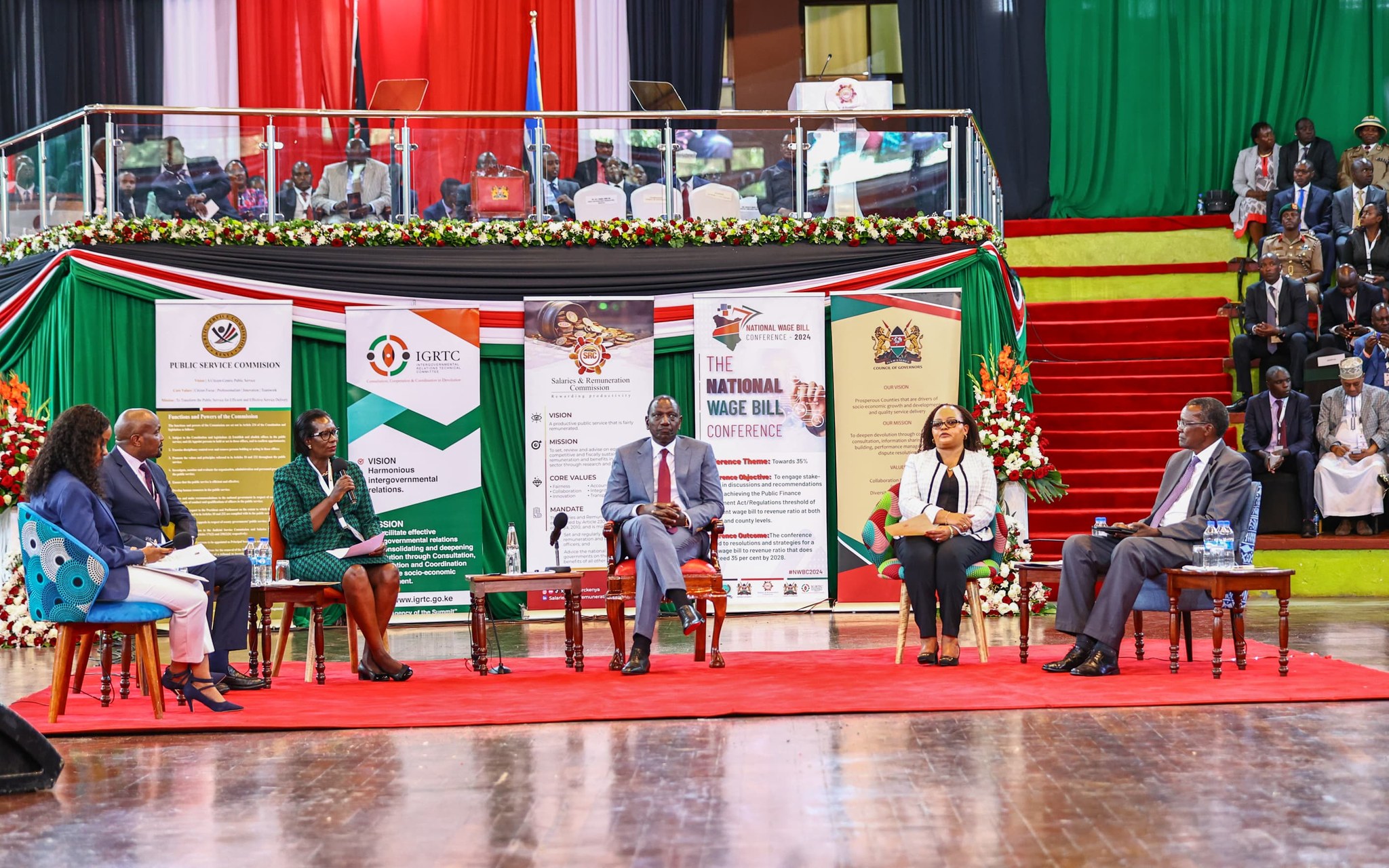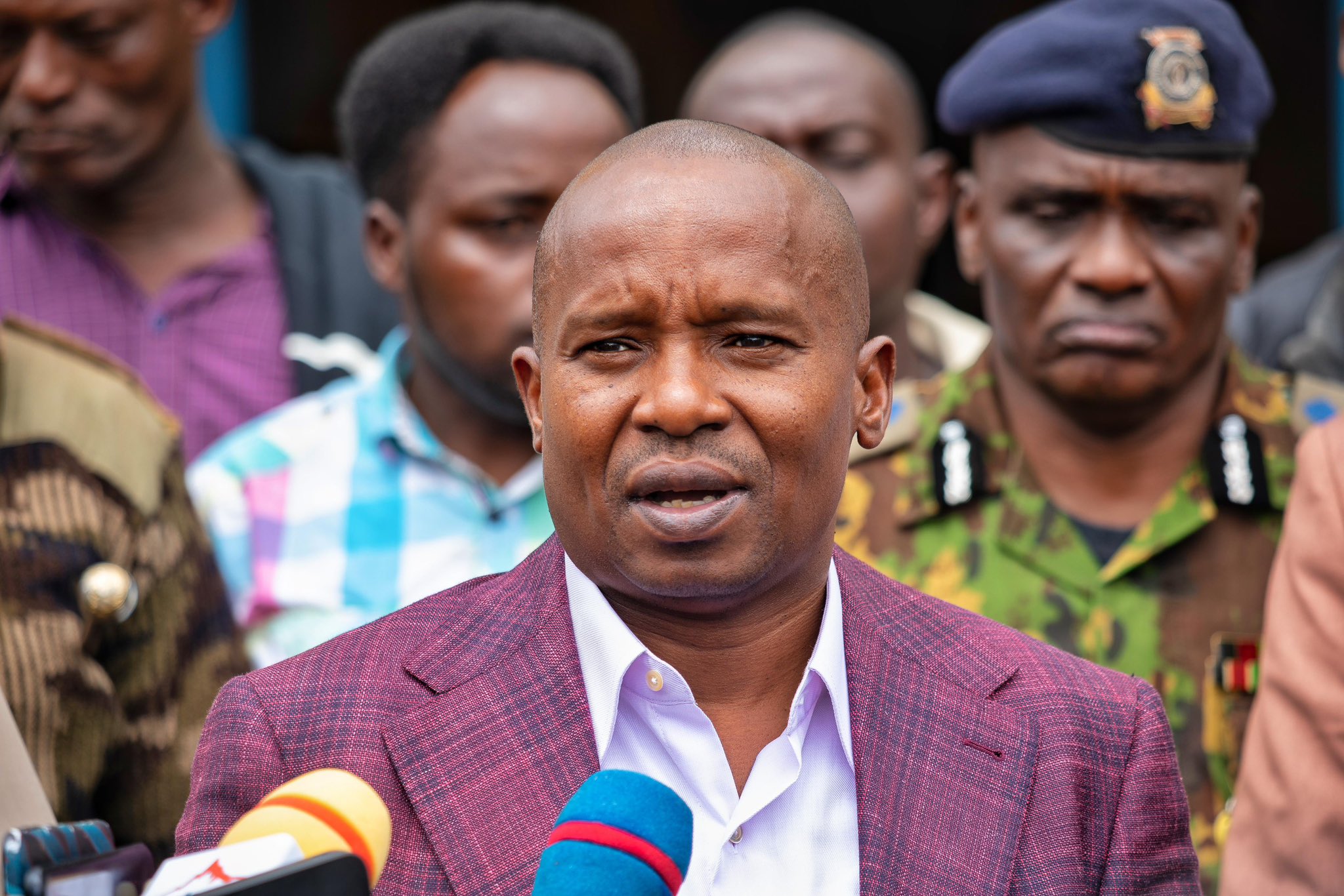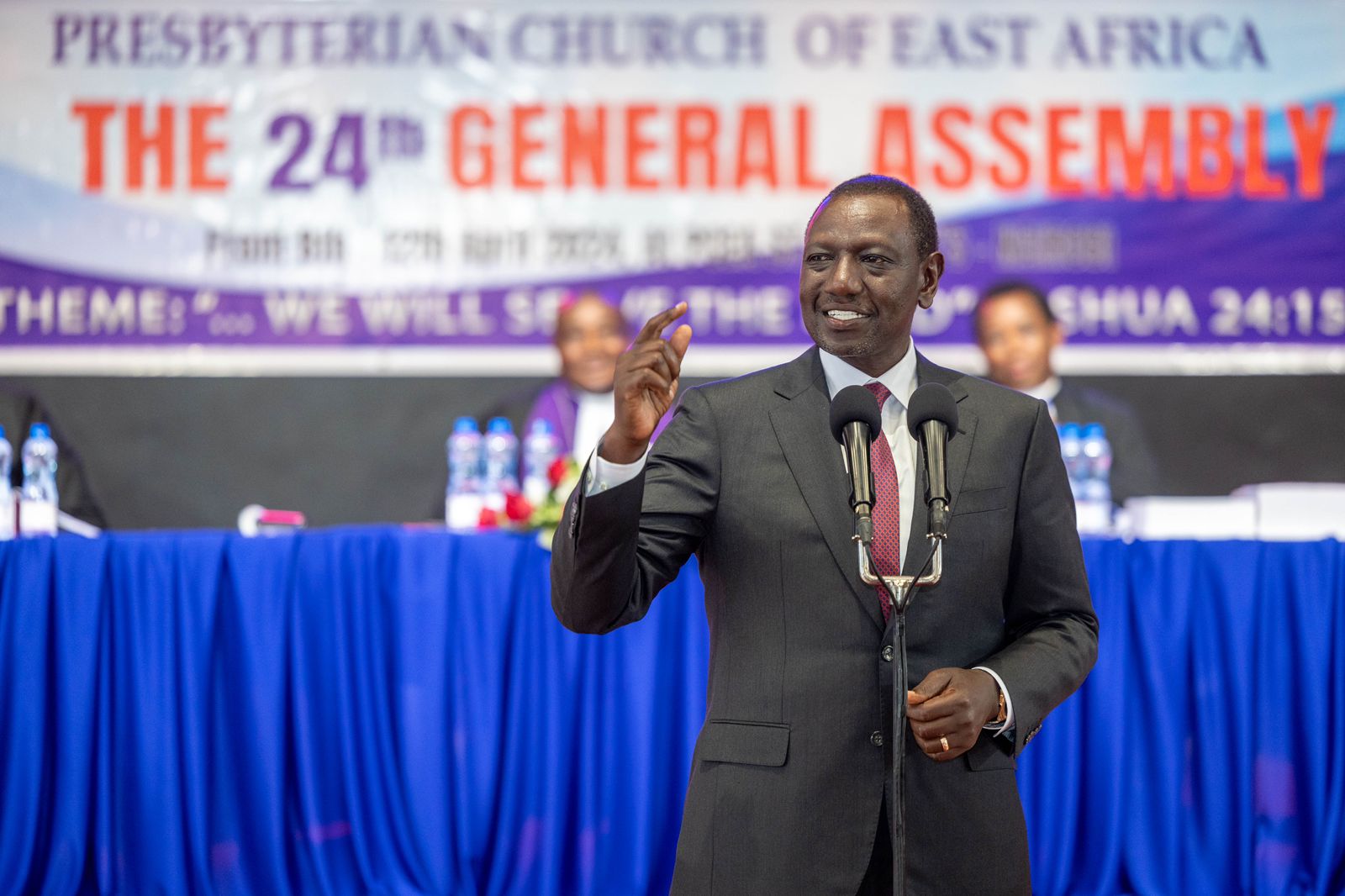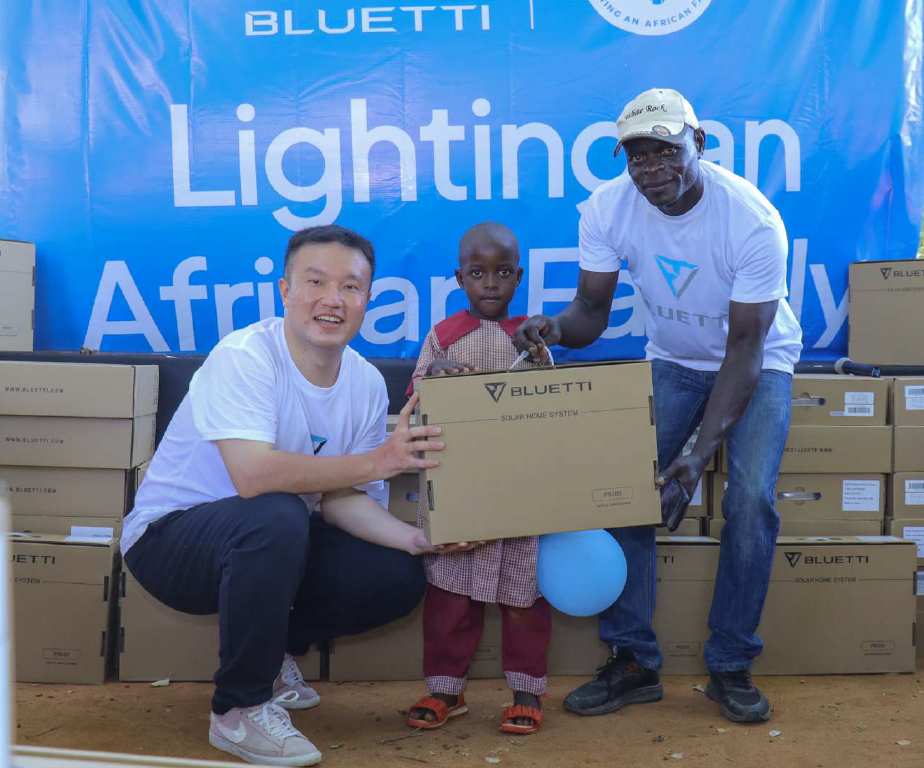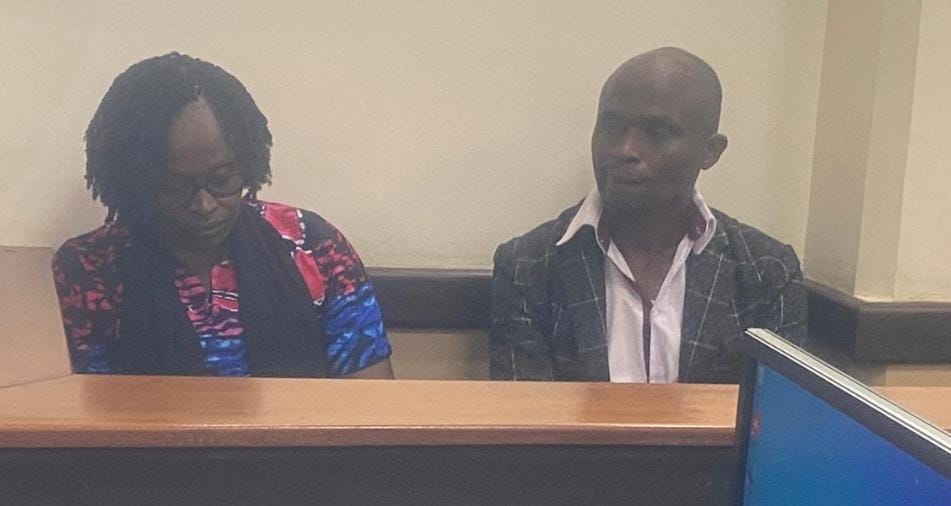By Kevin Mabonga
Katiba Institute undertook several interventions toward free and fair elections as envisioned by the Constitution. This included civic education, training, public participation forums, social media engagement and radio engagement.
Towards the 2022 elections, Katiba Institute partnered with the Office of the High Commissioner for Human Rights to implement a project that focused on promoting public participation in electoral processes through civic education targeting communities in Nairobi, Central, and Western regions.
The project sought to support greater public participation in electoral processes through the dissemination of voter education.
Read More
It is geared towards this objective in recognition of the important place of information as a public good, that impacts on the growth of democracy.
To this end, civic education sought to equip the target audience with correct information that the public can use to make their political decisions and actively participate in political processes, without manipulation.
It would also provide information on where the stakeholders can seek redress for violations. Furthermore, to sustain these efforts, sharing information is geared towards imparting knowledge that can enhance the people’s capacity to engage in processes and challenge practices that do not conform with the integrity required of the electoral processes.
It is hoped that the knowledge and skills gained by the target communities will be utilized to document happenings in their communities in the electoral process.
Our team @Kevinmabonga1 @Mr_Wafula currently holding a radio show @MMUST FM. @katibainstitute has been hosting #CommunityDialogues in #Bungoma, #Vihiga & #Kakamega targeting representatives from the community and #SocialJusticeCentres pic.twitter.com/XU5rpelzxJ
— Katiba Institute (@katibainstitute) December 14, 2022
Target Audience
The project targeted communities at the grassroots level, working with social justice movement and other grassroots organizations in Nairobi, Central, and Western regions.
The subject covered was informed by the electoral process, highlighting key areas that are relevant to the community. The topics included: Electoral process, Election offences and responsibility of citizens, Election offences, Rights and responsibilities of citizens on elections, and Right to vote /elect leaders of choice.
.@katibainstitute hosts local #CommunityDialogues in Bungoma County.
— Martin Wachira (@Martowachira) December 14, 2022
Participants share their experiences during the August polls and the roles they played. pic.twitter.com/tVmxjFXhX2
The rest of the topics included; Electoral security, What to expect on election day, the Voting process, Counting, tallying, transmission, declaration of results, Participation of special groups: elderly, PWDs, assisted voters, Institutions charged with elections and their roles in the electoral process, Gender based violence during elections and Resolution of disputes on elections: what to do should you have a complaint.
Do you understand the influence of Kenya's senate on the devolution process?
— Martin Wachira (@Martowachira) December 28, 2022
How do Senators help in promoting devolution? #CommunityDialogues pic.twitter.com/IjtTxF8g1P
